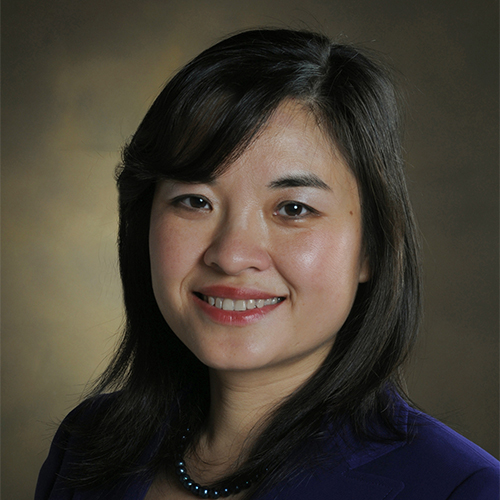By boosting intestinal integrity and restoring the gut microbial community, human milk oligosaccharides may help protect against intestinal mucositis associated with cancer treatment, according to preclinical research from investigators at Vanderbilt University Medical Center.
A painful injury and inflammation of the oral or intestinal mucosa, mucositis is a common and debilitating complication of chemotherapy and radiotherapy, and while treatments exist most only address symptom management not prevention.
Published in Cellular and Molecular Gastroenterology and Hepatology, the new study specifically pinpoints 2’-fucosyllactose, an abundant human milk oligosaccharide, to confer protection against mucositis arising in the gut.
“Our findings suggest that a single human milk oligosaccharide can prevent intestinal mucositis, potentially boosting patient tolerance of chemotherapy, while having no impact on the efficacy of the cancer treatment,” said Fang Yan, M.D., a professor of pediatrics and cell and developmental biology at Vanderbilt.
Strengthening Intestinal Integrity
For the study, mice were injected with the chemotherapy agent 5-fluorouracil (5-FU) to induce mucositis and evaluated 3 days later. 2’-fucosyllactose was provided in the drinking water either 4 days prior to or concurrently with the injection of 5-FU.
While both approaches to administering 2’-fucosyllactose prevented mice from developing intestinal mucositis, the pretreatment provided a more pronounced response and was shown to protect against inflammation, cytokine production, intestinal epithelial cell apoptosis, shortening of villi, goblet cell loss, and tight junction disruption.
Importantly, neither the pretreatment nor the concurrent treatment with 2’-fucosyllactose impaired the ability of 5-FU to inhibit cell proliferation, central to its anticancer efficacy.
Supporting the Microbiome
Microbiome analyses also revealed a role for 2’-fucosyllactose in maintaining gut microbiota homeostasis following chemotherapy exposure.
While treatment with 5-FU caused a reduction in beneficial Lactobacillus species and an increase in Helicobacter species linked with intestinal inflammation, 2’-fucosyllactose prevented these disruptions.
“We know that a perturbation of the gut microbiota is associated with many gastrointestinal diseases. These findings suggest 2’-fucosyllactose can help prepare the gut microbiota for 5-FU-induced dysbiosis, and that this may contribute to ameliorating mucositis,” Yan said.
Prebiotic as a Prophylactic
Yan and colleagues’ findings add to a growing list of studies illuminating the beneficial nature of 2’-fucosyllactose, including research showing the compound can ameliorate colitis in mice and dampen inflammatory signaling triggered by microbes.
“Collectively, this work indicates 2’-fucosyllactose plays a central role in maintaining gut homeostasis and preventing intestinal disease, both by suppressing inflammation and balancing the microbiome,” Yan said.
“We hope follow-up studies will provide further support for 2’-fucosyllactose and other prebiotics to be used as mucositis prophylactics, improving quality of life for many patients battling cancer.”






